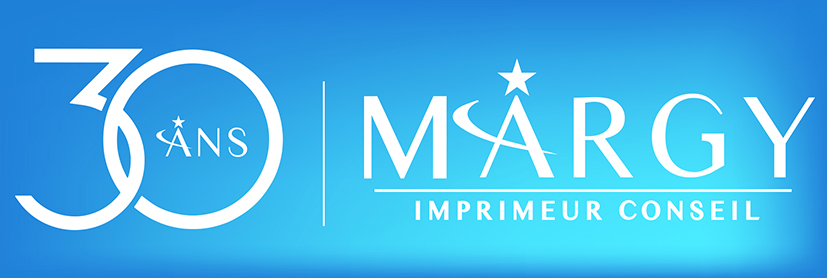On 28 June at Malesherbes (Loiret – 45), Interforum – the Editis group’s distribution subsidiary – presented an innovative project destined to revolutionise the publishing sector. The Copernics project was unveiled with great fanfare to publishers, booksellers and other book professionals.
A world first in the digital printing sector. The Copernics project is led by EPAC SYSTEMS, a Californian company.
The Copernics project
The Copernics project is an advanced programme combining technological innovation and complete control of the book distribution and circulation circuit. The programme includes a robotised book printing system.
Implementation is simple. A book is ordered from anywhere in the country. It is then manufactured and dispatched on the same day as the order is placed. The programme is therefore a response to the current problem of overproduction and overstocking of books.
Copernics makes it possible to reduce overproduction, and therefore the number of unsold books and the need to transport large quantities of books. Productions are often poorly evaluated. The quality of the print remains the same. This project presents itself as an alternative to industrial production.
With this system, it would be possible to print almost 15,000 books a day, i.e. around one book every 4 seconds.
The aim of the project is to meet demand, produce books in small quantities (less than 3,000 copies) and respond quickly to requests for reprints.
The Copernics project is part of an eco-responsible approach, and represents a break with the traditional printing model. It places the reader at the heart of the system. Printing is subordinate to the act of selling, rather than the other way round.
It’s an innovation that could well turn the printing industry and printers on their head. The project is targeting a market share of between 8% and 10% by volume in the sector.
CEOs involved in the graphics industry
The Corpernics project was echoed at the 200th anniversary of Koenig & Bauer in Würzburg, Germany, on 23 September. At the event, three CEOs of graphics companies spoke about the future of the industry in front of nearly 650 guests from all over the world. 3 themes were addressed. Axel Hentrei, CEO of Bertelsmann Printing Group, spoke about the media sector and the significant impact of online services on the printing of materials commonly used by businesses: brochures, catalogues, magazines and advertising.
The CEO stressed the need to move towards automated production and digital printing.
The packaging sector was addressed by a packaging professional, Hans Schur, owner and CEO of the Danish group Schur International. This expert underlined the essential role of packaging in extending the shelf life of certain foodstuffs. A major factor in the current context of demographic expansion.
Finally, Ralf Wintergerst, CEO of Giesecke+Devrient in Munich, addressed the subject of safety. The CEO of Giesecke+Devrient, which manufactures banknotes and electronic payment systems, spoke about the risks of cybercrime and the various ways of countering them.
These are encouraging signs for the future of the graphics industry.
Other articles :
 01 44 52 02 02
01 44 52 02 02
